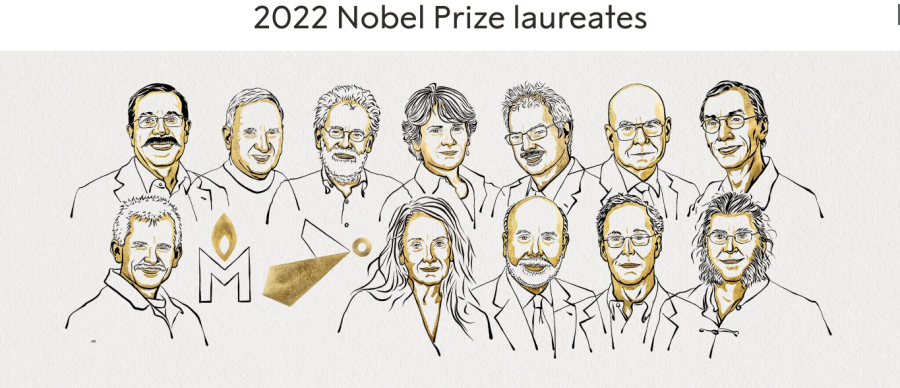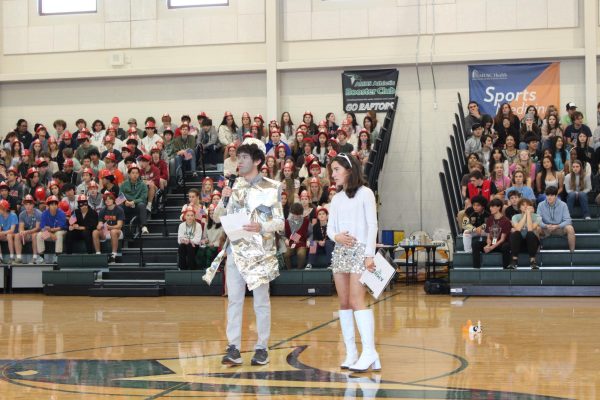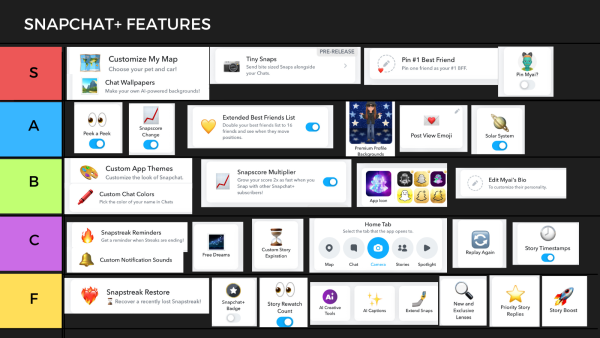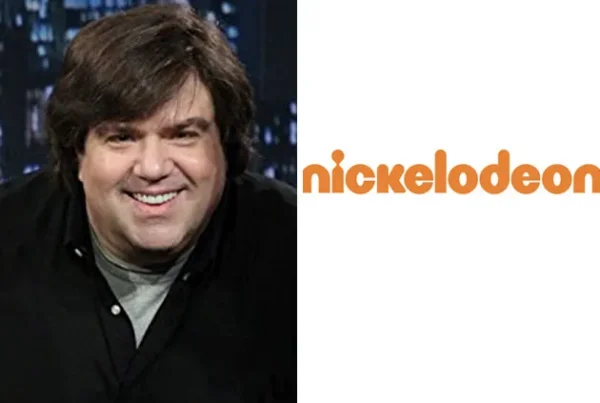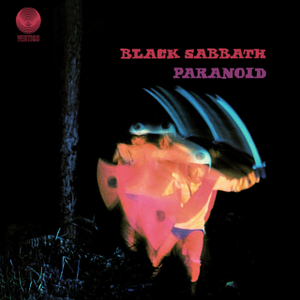2022 Nobel Prize Winners
The Nobel prizes are some of the most prestigious recognitions that people can receive, and are awarded to those who have conferred the greatest benefit to humanity in the past year. The prize was created by Alfred Nobel who believed that people are capable of helping to improve society through knowledge, science, and humanism. Thus, he created a prize that would reward the discoveries that have conferred the greatest benefit to humankind. Recently the recipients of this year’s Nobel prizes were announced. Each year there are six categories: physics, chemistry, physiology or medicine, literature, peace, and economics.
Physics
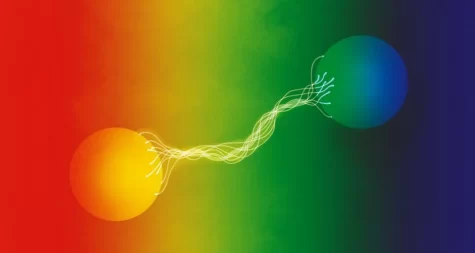
Alain Aspect, John Clauser, and Anton Zeilinger won the 2022 physics Nobel prize for their demonstration of the potential to investigate and control particles that are in entangled states. What happens to one particle in an entangled pair determines what happens to the other, even if they are really too far apart to affect each other. The laureates’ development of experimental tools has laid the foundation for a new era of quantum technology. Many applications rest upon how quantum mechanics allow two or more particles to exist in a shared state, regardless of how far apart they are. This is called entanglement and has been one of the most debated elements of quantum mechanics ever since the theory was formulated. Albert Einstein talked about the concept at a distance and Erwin Schrödinger said it was quantum mechanics’ most important trait. I am going to try my best to explain entanglement although, to be honest, this concept is way above the common individual including myself. When two particles are in entangled quantum states, someone who measures a property of one particle can immediately determine the result of an equivalent measurement on the other particle, without needing to check. What makes quantum mechanics so special is that its equivalents to the particles have no determined states until they are measured. It is as if both the particles are gray, right up until someone looks at one of them. Then, it can randomly take either all of the black or white that the two particles have access to. The other particle then immediately turns the opposite color.
Chemistry
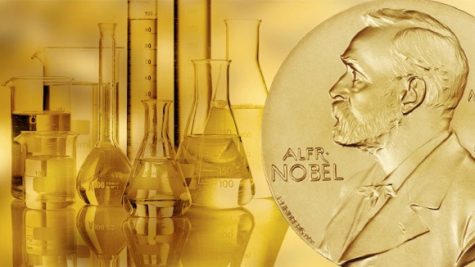
Barry Sharpless, Morten Meldal, and Caroline Bertozzi won the Nobel prize in chemistry for bringing chemistry into the era of functionalism and laying the foundations of click chemistry. Meldal and Sharpless presented what is now the crown jewel of click chemistry: the copper-catalyzed azide-alkyne cycloaddition. This is an elegant and efficient chemical reaction that is now in widespread use. Among many other uses, it is utilized in the development of pharmaceuticals, for mapping DNA, and for creating materials that are more fit for purpose. Bertozzi took click chemistry to the next level by mapping biomolecules on surface cells using click reactions inside living organisms. Her bioorthogonal reactions take place without disrupting the normal chemistry of the cell.
Physiology or Medicine
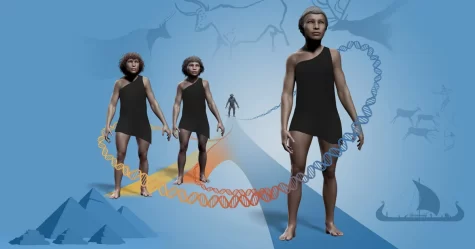
Svante Pääbo was the sole winner of the Nobel prize in medicine for his discoveries concerning the genomes of extinct hominins and human evolution. Pääbo was able to sequence the genome of the Neanderthal, an extinct relative of present-day humans. He also made the sensational discovery of a previously unknown hominin, Denisova. Pääbo also found that gene transfer had occurred from these now-extinct hominins to Homo sapiens following the migration out of Africa around 70,000 years ago. This ancient flow of genes to present-day humans has physiological relevance today, for example affecting how our immune system reacts to infections. Pääbo’s seminal research gave rise to an entirely new scientific discipline known as paleogenomics. By revealing genetic differences that distinguish all living humans from extinct hominins, his discoveries provide the basis for exploring what makes us uniquely human.
Literature
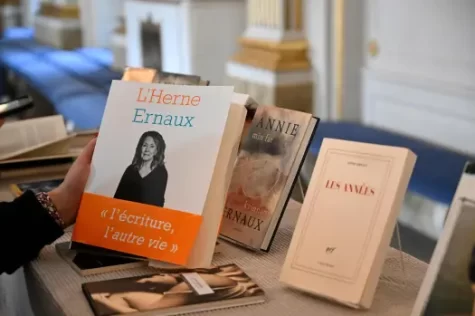
Annie Ernaux won the award in literature for her courage and clinical acuity with which she uncovers the roots, estrangements, and collective restraints of personal memory. In her writing, she consistently examines her life from different perspectives addressing gender, language, and class. Ernaux is a French writer whose works are mostly autobiographical and combine historic and individual experiences. Her path to authorship was a long and difficult one that began all the way back in 1974.
Peace
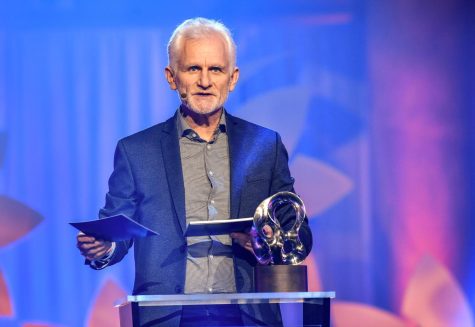
Unlike the other prizes, the peace prize was awarded to two organizations as well as an individual. The Nobel peace prize was awarded to human rights advocate Ales Bialiatski from Belarus, the Russian human rights organization Memorial, and the Ukrainian human rights organization Center for Civil Liberties. The Peace Prize laureates represent civil society in their home countries. They have promoted the right to criticize power and protect the fundamental rights of citizens for years, and have made a huge effort to document war crimes, human rights abuses, and the abuse of power. Bialiastski helped initiate the democratic movement in Belarus in the mid-1980s. He has devoted his life to promoting democracy and peaceful development in his home country. He founded the organization Viasna in 1996 in response to the controversial constitutional amendments that gave the president dictatorial powers and that triggered widespread demonstrations. Viasna provided support for the jailed demonstrators and their families. Over the year, Viasna evolved into a broad-based human rights organization that documented and protested against the authorities’ use of torture against political prisoners.
Economics
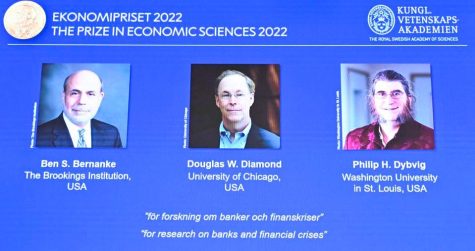
The economics Nobel prize was awarded jointly to Ben S. Bernanke, Douglas W. Diamond, and Philip H. Dybvig for research on banks and financial crises. Modern banking research clarifies why we have banks, how to make them less vulnerable to crises and how bank collapses exacerbate financial crises. The foundations of this research were laid by Bernanke, Diamond, and Dybvig in the early 1980s. Their analyses have been of great practical importance in regulating financial markets and dealing with financial crises.
The Nobel prizes are some of the most well-known and prestigious accolades that a person can receive, and remain an important event each year. It will be interesting to see what great achievements and milestones are reached over the next year.



